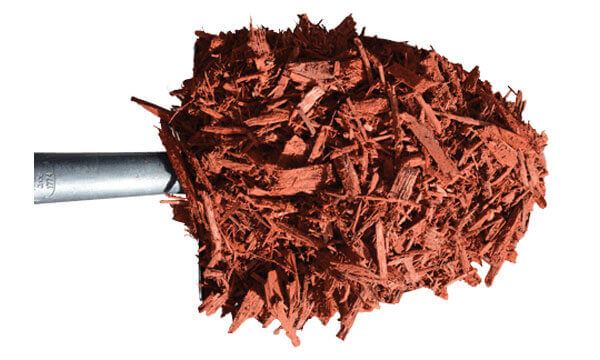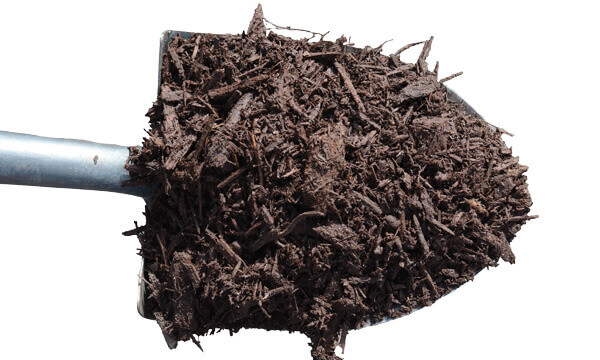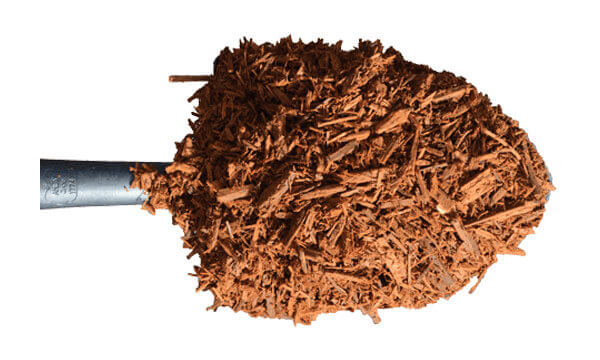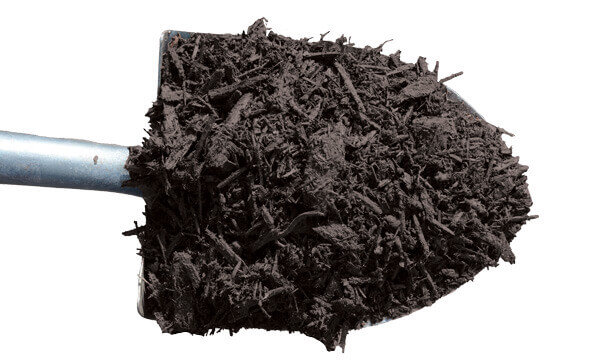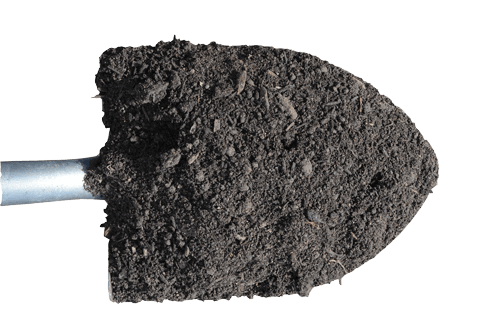The Importance of Reducing Contamination in Organics Recycling
Nowadays, consumers are faced with more options than ever before when it comes to discarding waste. There is the age-old garbage bin, where waste goes directly to a landfill with very little sorting involved. There is the familiar blue recycling bin, where recyclables (such as aluminum cans and paper) are sorted and turned into new materials or objects for future use. Then there are the relative newcomers to the field—food and food-related waste collection bins, which hold organic materials to be delivered to places like the SMSC Organics Recycling Facility. This waste is naturally recycled through a process called composting and is turned into a variety of composts and compost blends, which can be used in several ways, but ultimately go back to the earth as nutrient-rich soil amendments.
While it may be tempting to toss everything into the organics or recycling bin in the hopes of minimizing waste, not all materials are able to be recycled or composted. In fact, when non-compostable materials are thrown into a bin for organic waste, it can significantly undermine or ultimately jeopardize the entire composting process. To achieve the efficient biodegradation needed for composting to occur, organics recycling facilities will—and must—reject loads that exceed acceptable contamination levels. Essentially, if there’s too much trash in a given load, the whole pile may end up in the landfill, where it will decompose in the absence of air and release methane gas (not good).
So, what is a well-intentioned consumer to do? First and foremost, don’t let this discourage you from composting or using the organic waste bins! It is important that we all use these bins as much as possible when appropriate. Another way to limit contamination is to look for package labels that indicate if a product can be composted or not. If a package label indicates that the product is Biodegradable Products Institute (BPI) Certified, it is considered compostable at the SMSC Organics Recycling Facility.
One general rule to remember when recycling organic waste, is that items that were once alive are typically ok to compost. Check out the lists of items below and test your knowledge about what belongs in the compost bin and what should be recycled or trashed.
Items that are OK to compost:
- Fruits and vegetables
- Meat, fish, and bones
- Dairy products
- Eggs and eggshells, and paper egg cartons
- Bread and cereal
- Nuts and shells
- Food-soiled napkins, paper towels, and tissues
- Coffee grounds and filters
- Tea bags with paper filters
- BPI Certified compostable or PLA cups, plates, bowls, and utensils
- Houseplant trimmings
Items that should not be composted:
- Large amounts of grease or oil
- Cartons (milk cartons, juice boxes, soup, and wine cartons)
- Diapers and sanitary products
- Animal waste and litter
- Refrigerated and frozen food boxes
- Microwave popcorn bags
- Fast food wrappers
- Cleaning or baby wipes
- Containers that aren’t BPI-certified as compostable
- Recyclable items such as cartons, glass, metal, paper, or plastic
The decision of where to discard waste can sometimes be confusing or even feel intimidating, but luckily there are resources that help to make the right choice. By understanding which items are ok to compost and which items should not be composted, participants share the SMSC’s focus of being a good steward of the earth.

